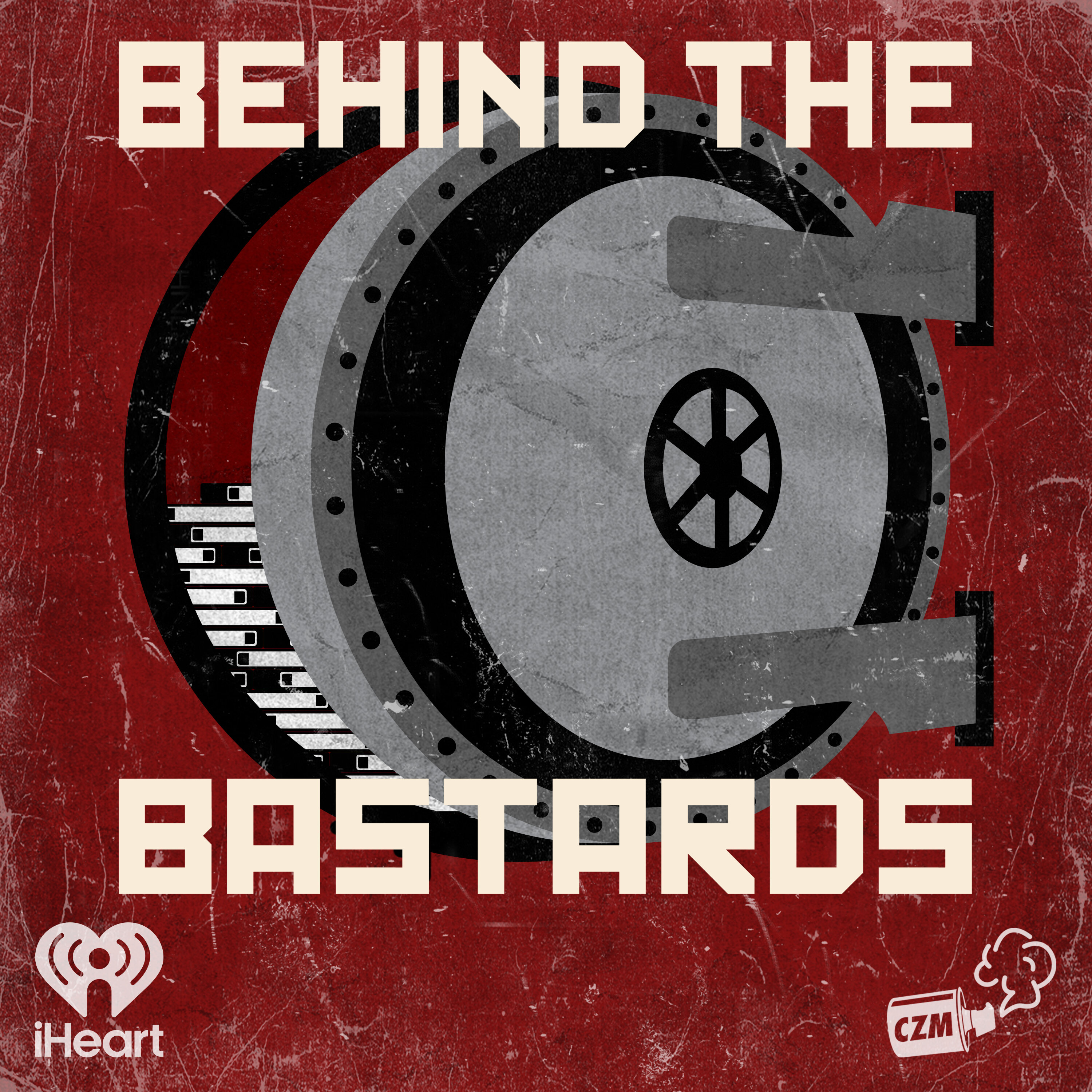Chapter

Violence in War: Past and Present
This podcast episode reflects on instances of violence in war-torn areas such as the Balkans and Eastern Europe with a high level of acceptance of violence by soldiers that leads to genocides being conducted by Nazi allies. This episode also talks about a world historical monster who claimed to be persecuted by Nazis after the war.
Clips
This episode focuses on Stepan Bandera, a Ukrainian nationalist who declared an independent Ukrainian state and tried to ally with Nazi Germany during World War II.
28:39 - 29:41 (01:02)
Summary
This episode focuses on Stepan Bandera, a Ukrainian nationalist who declared an independent Ukrainian state and tried to ally with Nazi Germany during World War II.
ChapterViolence in War: Past and Present
EpisodePart One: The World Anti-Communist League: A Study in Nazi Death Squads
PodcastBehind the Bastards
The podcast host discusses the false claim made by some individuals that they fought the Nazis during World War II.
29:41 - 31:35 (01:54)
Summary
The podcast host discusses the false claim made by some individuals that they fought the Nazis during World War II. They also highlight the fact that many who claimed to have fought against the Nazis were actually anti-Semitic themselves.
ChapterViolence in War: Past and Present
EpisodePart One: The World Anti-Communist League: A Study in Nazi Death Squads
PodcastBehind the Bastards
The Jasenovac concentration camp in Croatia, run by the Croatian fascist organization Ustaše, was responsible for the deaths of tens of thousands of Serbians, Jews, Roma, and political opponents.
31:35 - 34:01 (02:25)
Summary
The Jasenovac concentration camp in Croatia, run by the Croatian fascist organization Ustaše, was responsible for the deaths of tens of thousands of Serbians, Jews, Roma, and political opponents. Unlike other concentration camps, Jasenovac did not use gas chambers but rather employed brutal and sadistic methods of torture and execution.
ChapterViolence in War: Past and Present
EpisodePart One: The World Anti-Communist League: A Study in Nazi Death Squads
PodcastBehind the Bastards
Wars in areas with a recent history of violence can lead to a higher level of acceptance of violence among the military forces, resulting in extreme violence such as genocides and gas chambers.
34:02 - 35:33 (01:31)
Summary
Wars in areas with a recent history of violence can lead to a higher level of acceptance of violence among the military forces, resulting in extreme violence such as genocides and gas chambers. This was seen in the Balkans during World War II, where Nazi allies conducted genocides through strangulation due to their psychological inability to execute Jews using firing squads.